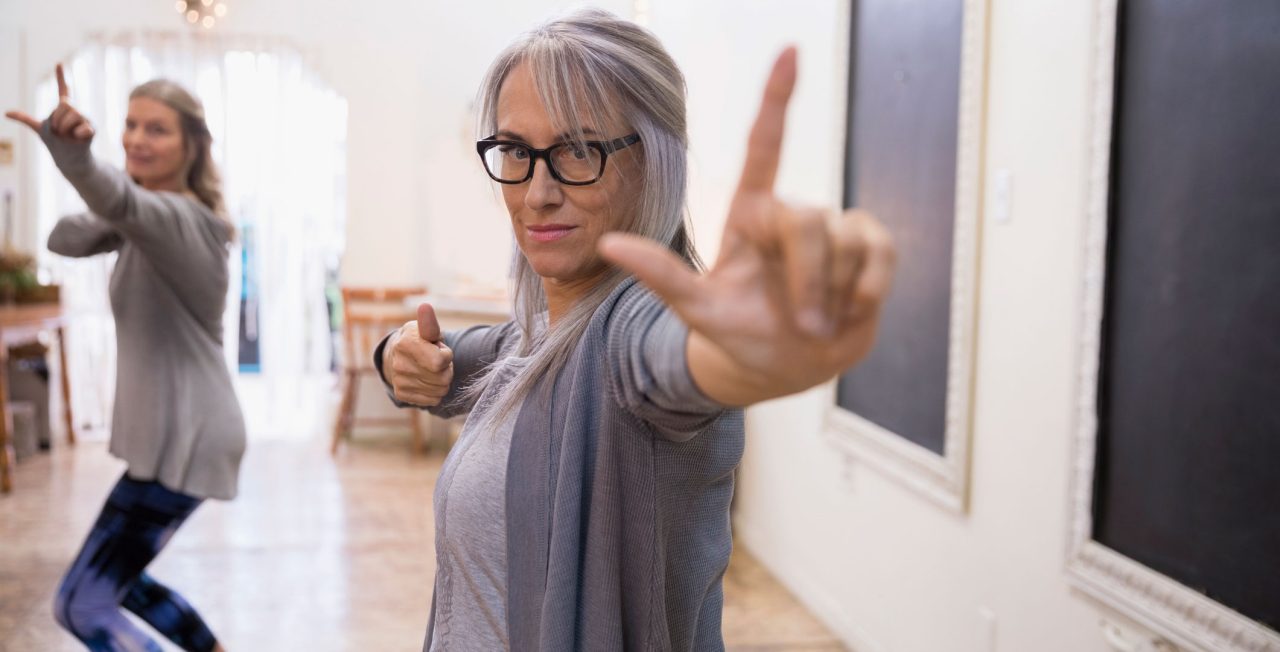Tai Chi Relieves Insomnia in Breast Cancer Survivors

Tai chi relieves insomnia in breast cancer survivors, lowering the risk for fatigue and depression. It could also reduce the risk of cancer recurrence.
While difficulty getting to sleep and staying asleep is a problem for more than 10 percent of Americans, insomnia is especially prevalent in cancer patients. Around half of people treated for cancer have sleep disturbances due to pain, treatments, and the psychological impact of cancer, according to the National Cancer Institute (NCI).
Even when cancer is successfully treated, it doesn’t mean a good night’s sleep is guaranteed. About 30 percent of breast cancer survivors suffer from insomnia.
Struggling with too little sleep can result in fatigue, depression, and increase the risk of a cancer occurrence. But, for many breast cancer survivors who have difficulty with sleep, University of California Los Angeles (UCLA) scientists have found an ancient non-drug prescription that can help — tai chi.
In fact, practicing this slow-moving meditation, which relaxes the body and slows breathing, may do more than ease sleepless nights. It may lower the risk breast cancer will return.
YOU MIGHT ALSO LIKE: Tai Chi Lowers Blood Pressure in Older Adults
For their study, UCLA researchers recruited 90 breast cancer survivors between the ages of 42 and 83 who were having difficulty sleeping three times or more during the week. All of the women were suffering from daytime fatigue and depression, too.
For three months, half the women received weekly sessions of cognitive behavioral therapy, a type of counseling involving talk therapy that has long been the gold standard treatment for breast cancer patients with insomnia. The other research volunteers received weekly lessons in a Westernized form of tai chi (tai chi chih) over the course of three months.
Researchers evaluated the breast cancer survivors at intervals for over a year see if their insomnia symptoms improved, along with other problems like fatigue and depression. After 15 months, about half the women in both groups had significant and lasting improvements in sleep and other related problems.
"Breast cancer survivors often don't just come to physicians with insomnia. They have insomnia, fatigue, and depression," said UCLA professor of psychiatry Michael Irwin, MD, the study's lead author. "And this intervention, tai chi, impacted all those outcomes in a similar way, with benefits that were as robust, as the gold standard treatment for insomnia."
While talk therapy works, identifying and changing negative thoughts and behaviors disrupting the ability to sleep, tai chi could be more practical for many women. Cognitive behavioral therapy is simply too expensive for some people, and there’s a shortage of professionals trained in that form of counseling, according to Irwin.
"Because of those limitations, we need community-based interventions like tai chi," Irwin said, adding that free or low-cost tai chi classes are frequently offered at community centers and outdoors in parks. Videos offering do-it-yourself tai chi lessons are also available on YouTube and via smartphone apps.
Managing sleep disturbances can help cancer patients suffering from pain, the NCI points out. For breast cancer survivors, practicing tai chi to relieve insomnia could also reduce the risk cancer will return, Irwin and colleagues suggest. In previous research, the UCLA researchers found tai chi reduced inflammation in breast cancer survivors, potentially helping prevent cancer recurrence.
Many of the women who learned tai chi during the insomnia study continued to practice after the research ended. Irwin pointed out he’s not surprised because breast cancer survivors are typically motivated to help improve and protect their health.
"They often are seeking health-promoting activities because they recognize that the mindfulness approach, or health-based lifestyle interventions, may actually protect them," he said.
YOU MIGHT ALSO LIKE: DIY Acupressure Zaps Fatigue in Breast Cancer Survivors
Updated:
May 05, 2023
Reviewed By:
Janet O’Dell, RN